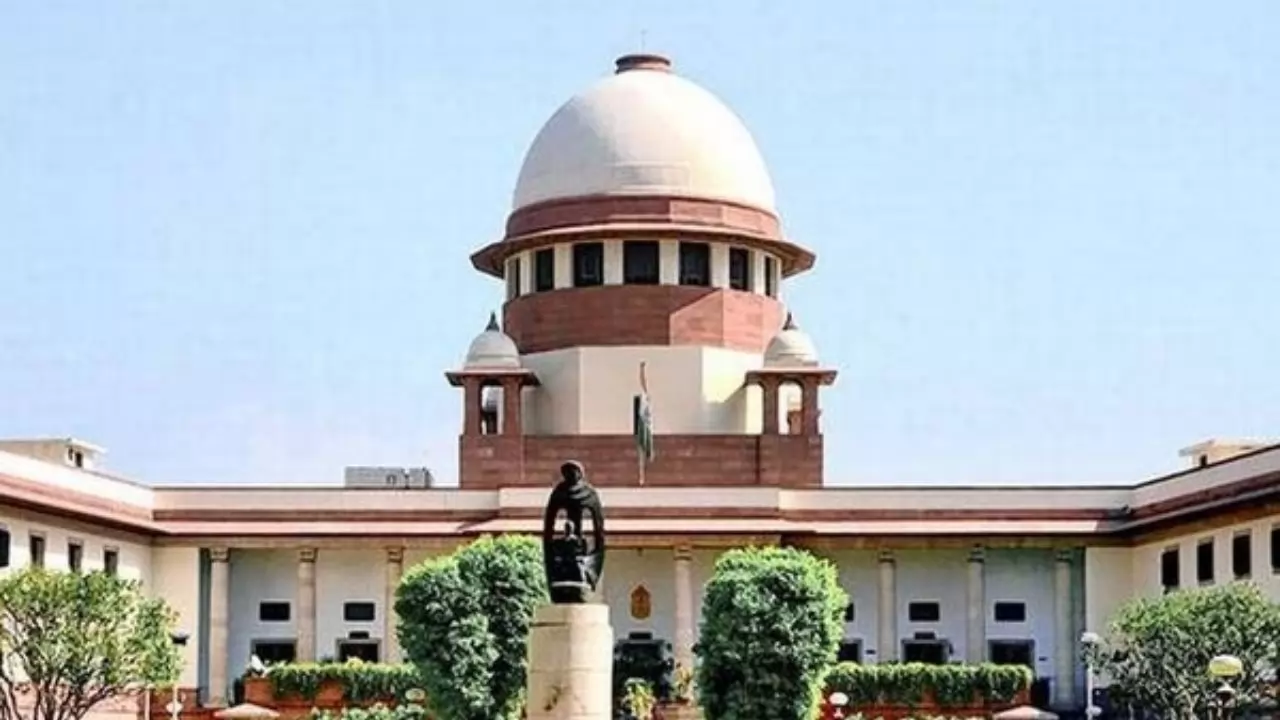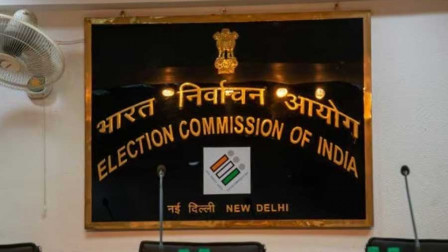
Supreme Court of India (ANI)
Expressing concern over human and sex trafficking the Supreme Court said that there exists a legislative vacuum regarding the establishment of a comprehensive rehabilitation framework for such victims, which needs to be urgently considered by the Union and it is their responsibility to take earnest and prompt measures to address the same.
A Bench of Justices JB Pardiwala and Pankaj Mithal said that the sex trafficking issue is "highly sensitive and important" and relates to the protection that needs to be afforded to the victims of sex trafficking. "Human and sex trafficking are crimes that dehumanise the victim and violate the victim's right to life, freedom and personal security. Vulnerable sections of society, especially women and children are disproportionately affected in such crimes," the bench stated in its order.
It further said that the victims of such crimes are often mistreated by their traffickers and have to endure physical and mental forms of violence that are inflicted upon them.
They stand at a greater risk of sustaining several life-threatening injuries, and contracting infections and illnesses, including sexually transmitted diseases, said the bench, adding that the mental health consequences can range from anxiety disorders, Post Traumatic Stress Disorder (PTSD), depression and substance abuse as well. "A majority of such victims may require continuous access to doctors and other mental health professionals who can tend to their specific needs. Alienation and ostracism by the larger society are also inherently associated with such crimes. Individuals who are trafficked are often abruptly alienated from their immediate family and other social groups due to the attribution of sentiments like guilt and shame on the victims," the top court stated.
The crime is also of such nature that it seriously hampers the pursuit of further education and learning and once the victims stop going to schools or colleges, it is all the more difficult to reintroduce them into the formal education system, read the order. "This has the unfortunate consequence of them being further isolated, secluded and withdrawn from society. The crime is also of such a nature that it seriously hampers the pursuit of further education and learning. Once the victims stop going to schools or colleges, it is all the more difficult to reintroduce them into the formal education system and equip them with advanced education which is quintessential for their right to live freely. Victims might also need support to get job opportunities and secure their means of livelihood," said the bench in its order of November 12.
While the prevention of trafficking of persons, along with the prosecution and punishment of the offenders who commit such heinous crimes are important, it is equally important that legislative mechanisms focus on providing care, protection and rehabilitation to the victims of trafficking, it said. This must be done by creating a larger legal, economic and social environment that secures the well-being of the victims, said the apex court, adding that it is the need of the hour to adopt a human rights and rehabilitative approach to such crimes.
The apex court was hearing an application seeking compliance with a 2015 order of the court which had noted the Union government's stand on the formation of the Organised Crime Investigating Agency (OCIA) and strengthening of the Victim Protection Protocol for victims of sex trafficking. It had also asked the Centre to consider enacting a comprehensive framework for the rehabilitation of such victims.
However, later the Centre informed the top court that instead of the formation of OCIA, amendments have been made to the National Investigation Agency (NIA) Act, 2008 to deal with the issue. It has now granted three weeks to Centre to file a fresh affidavit highlighting the steps the Union intends to take. It asked the Centre to look into the aspect and suggest what steps can be taken with regard to a phenomenal increase in cyber-enabled sex trafficking and posted the matter for hearing on December 10.
(Except for the headline, nothing has been changed by Top Indian News in the wire.)







Copyright © 2026 Top Indian News
